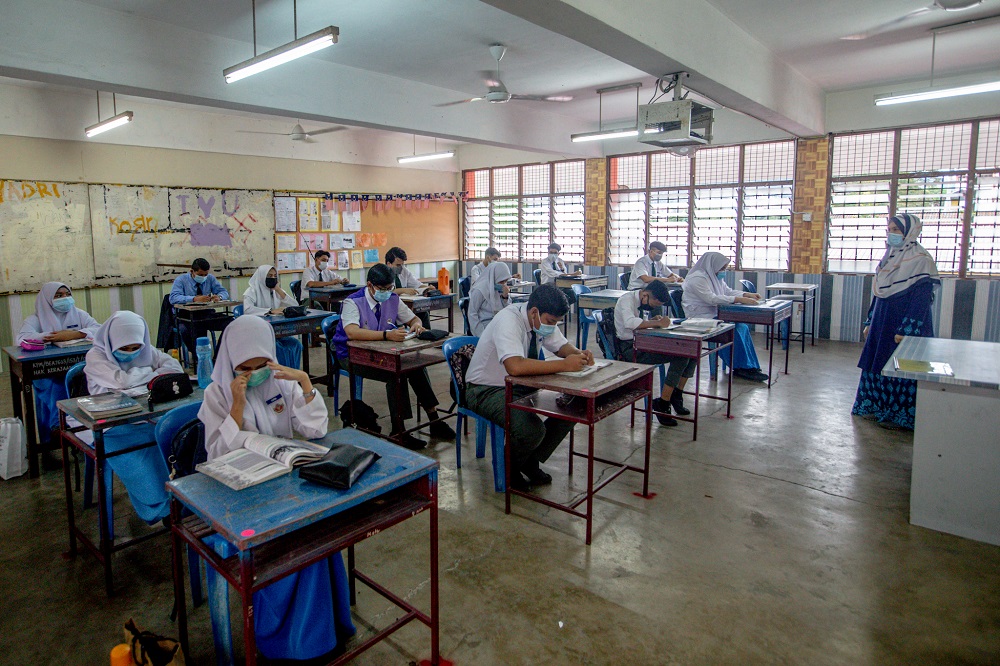KUALA LUMPUR, May 18 — The All Women’s Action Society (AWAM) urged the Education Ministry (MoE) to swiftly implement long-term solutions to ensure education institutions in the country are safe spaces for the youth.
In a statement, the women’s rights organisation applauded the ministry’s actions in transferring the teacher who made rape jokes during a physical education class at 17-year-old Ain Husniza Saiful Nizam’s school, but reiterated that the incident is only one in a systematic culture of sexual harassment and bullying in schools.
“As the primary body nationally that is in charge of the safety and welfare of students across the country, it is crucial that the MoE swiftly prioritises and implements long-term solutions to ensure that educational institutions in Malaysia can become safe spaces where sexual harassment and bullying will not be norms,” they said.
AWAM said that they have collected and analysed 275 testimonials shared by direct survivors and two social media influencers who collected the stories within April 16 to 26, this year.
Their analysis showed that 125 cases involved period spot checks, while 108 were cases of bullying and 88 were cases of sexual harassment, with many survivors experiencing more than one form of violation.
“91.6 per cent of survivors were women and girls. Men and boys constituted 6.2 per cent. 108 survivors revealed their age when they were sexually harassed or bullied, and among them, 99 of them were children.
“The age subgroup of 13 to 15 years old, when students (especially girls) experience pubertal changes, was found to be the stage when sexual harassment and bullying were most prevalent among survivors,” the group said.
They added that the predominant locations of sexual harassment and bullying were primary, secondary and boarding schools, having 51, 58 and 55 cases respectively, with violations also occurring in colleges, daycare centres and school camps, although with fewer cases.
“Perpetrators were predominantly figures of authority. Out of 311 perpetrators, 247 of them (79.4 per cent) were teachers, ustazah, ustaz and wardens.
“Whilst there were student perpetrators such as prefects and senior students, in especially cases of period spot checks, these violations were committed in the context of a normalised practice that was openly sanctioned and enforced by teachers, ustazah and ustaz,” they said.
The group suggested that the ministry can achieve this via working with relevant civil society organisations such as AWAM to implement gender sensitisation training among school authorities and establishing a working relationship with Lembaga Kaunselor Malaysia to provide the necessary support for teachers to better understand the working ethics of a counsellor.
AWAM also suggested revising the curricula in teachers training colleges to include topics on gender awareness and sensitivity, improvise existing teachers’ code of conduct to include sexual harassment, abuse and bullying and implementing monitoring and evaluation system that promotes gender equality and women’s empowerment.
“Being a signatory to many international agreements that affirm the principles of empowerment, gender equality and justice, we fully support Malaysia’s unstinting efforts towards meeting its global commitments and we believe by domesticating these efforts, Malaysia will fully achieve the Agenda 2030 Sustainable Development’s objective of “leaving no one behind”,” they said.



















